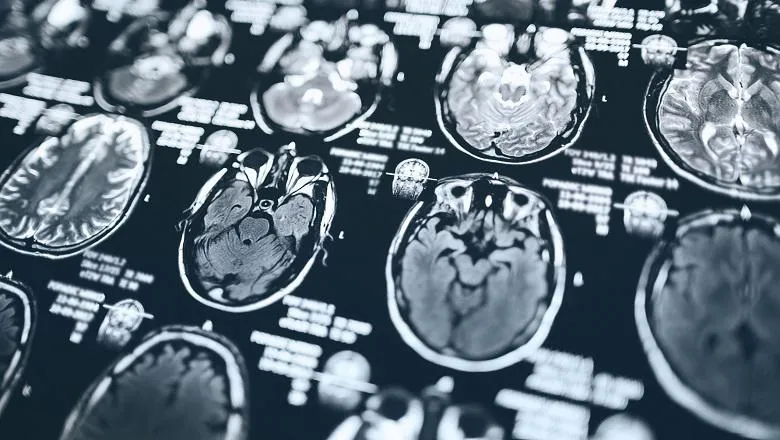
Dr Divyangana Rakesh
Lecturer in Neuroscience and Psychology
Research interests
- Neuroscience
- Psychology
- Environment
- Mental Health
Contact details
Biography
Dr Rakesh's research uses tools from developmental cognitive neuroscience to investigate how inequality and exposure to environmental adversity influence brain and cognitive development as well as mental health during childhood and adolescence. Her work also seeks to understand how psychological and environmental factors can mitigate the effects of adversity, fostering resilience. Ultimately, Dr Rakesh's research aims to leverage insights into individual variations in brain development to support children's overall well-being and academic success, fostering positive mental health and cognitive function in young individuals. Her work is funded by a New Investigator Research Grant (NIRG) from the UKRI Medical Research Council and a Young Investigator Grant from the Brain Behavior Foundation (BBRF).
Prior to joining King's, Dr. Rakesh was a postdoctoral researcher at Harvard University, USA. She received her PhD in Neuroscience from the University of Melbourne, Australia and her Masters of Research in Neuroscience from the University of Bordeaux, France. Before that, she completed an MBA from Mudra Institute of Communication and a BSc (Hons) in Biochemistry at the University of Delhi, India.
Please see her Research Staff Profile for more detail.
Find out more about my research:
Key publications:
- Rakesh et al., 2025. Economic Inequality and Mental Health: Causality, Mechanisms, and Interventions. Annual Review of Clinical Psychology.
- Li et al,, 2025. Longitudinal Associations Between Greenspace Exposure, Structural Brain Development, and Mental Health and Academic Performance During Early Adolescence. Biological Psychiatry.
- Rakesh et al., 2025. Associations among socioeconomic disadvantage, longitudinal changes in within-network connectivity, and academic outcomes in the ABCD study. Developmental Cognitive Neuroscience.
- Rakesh et al., 2023. Childhood socioeconomic status and the pace of structural neurodevelopment: Accelerated, delayed, or simply different? Trends in Cognitive Sciences.
- Rakesh et al., 2021. Associations Between Neighborhood Disadvantage, Resting-State Functional Connectivity, and Behavior in the Adolescent Brain Cognitive Development Study: The Moderating Role of Positive Family and School Environments. Biological Psychiatry: Cognitive Neuroscience and Neuroimaging.
News
Societal inequality linked to structural brain changes in children
Income inequality in society has been linked to structural changes in the brains of children who go on to experience poorer mental health.

Dr Divyangana Rakesh receives MRC New Investigator Research Grant (NIRG) and the BBRF Young Investigator Grant
These awards support her research into how low socioeconomic status (SES) impacts brain development and mental health.

News
Societal inequality linked to structural brain changes in children
Income inequality in society has been linked to structural changes in the brains of children who go on to experience poorer mental health.

Dr Divyangana Rakesh receives MRC New Investigator Research Grant (NIRG) and the BBRF Young Investigator Grant
These awards support her research into how low socioeconomic status (SES) impacts brain development and mental health.

